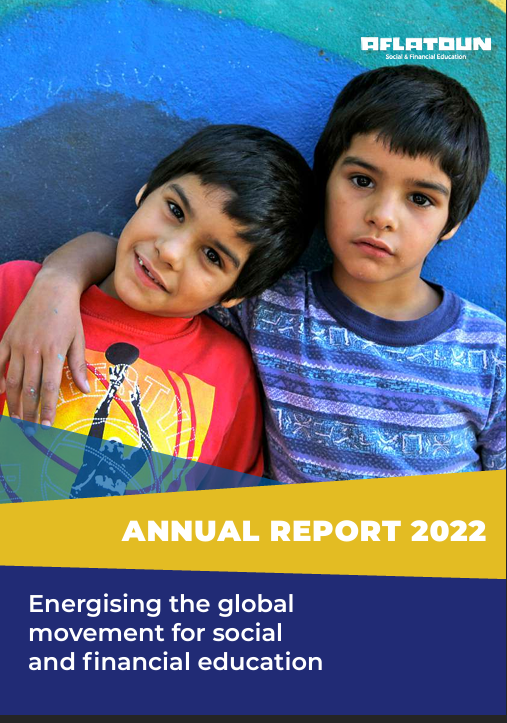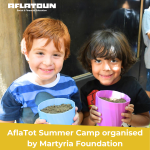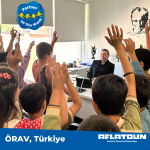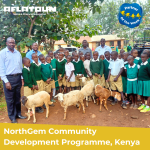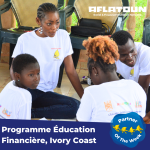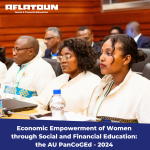| As the COVID-19 epidemic continues, so do concerns about how students around the world are receiving education.
Currently, around 1.6 billion children cannot go to school. This has an enormous impact on how educators, ministries and non-profit organisations reach their students. One group that plays an important role in education in many countries, is education-focused non-profit organisations. These organisations are often providing critical education and resources to the most vulnerable. Aflatoun International partners with a network of 300+ organisations around the world to deliver social & financial education. A short survey was created to more clearly understand how these non-profit organisations are working currently. Three key findings from around the world
Importance of life skills Digital learning cannot be the only solution Creativity and cash flow However, NGOs are concerned about cash-flow and funds in the future. NGOs realise they are operating in new territory – this means that they are experimenting and creating new learning solutions for students. This costs time and money. Money which many NGOs don’t have because their funds are tied to donor restrictions or programme restrictions. They are doing what they can to meet the needs of their students and mitigate the impact of school closures, while at the same time, trying to remain open now and in the long-term “The current situation is extremely delicate for NGOs and the children they support. NGOs play an important role in empowering children & young people. Supporting them now and in the future is critical to ensuring that they can continue to provide the most vulnerable students with the skills they need to cope with the crisis and beyond,” said Roeland Monasch, CEO, Aflatoun International. For more information on how COVID-19 is impacting NGOs and their beneficiaries, you can find the complete summary of results here. Notes to Editors: |

